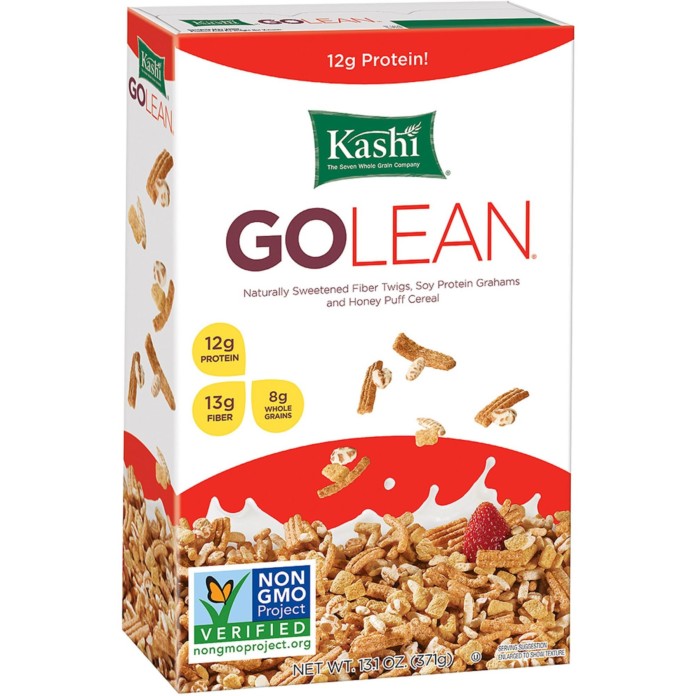he rise of organic farming is analogous to the clean-energy revolution: As is the
case with renewables, organic products’ growth is rapid, but it still comprises only
a tiny segment of the overall market. Part of the problem is that for many smaller
farmers, who operate on thin margins, the organic certification process is time-consuming
and expensive. Organizations such as California Certified Organic Farmers (CCOF) say
they are trying to make the transition to organic more cost-effective, but the process
involved is still lengthy one.
One challenge for the organics movement is the development of a certification, acceptable to both consumers and farmers, which recognizes the switch from conventional farming methods to those that finally allow for that coveted “organic” certification. CCOF operates a certified transitional farming program that recognizes farmers’ efforts to go organic during that three-year transition period. But the fact that it is difficult to even find these labels on products demonstrates the lack of traction such certification has with consumers and retailers.
Sales of organics keep increasing, up to $39 billion in 2014, a 10-fold increase from two decades earlier. Nevertheless, while the agriculture sector recognizes transitional ingredients, consumers often overlook them while farmers struggle financially during that three-year window. Kellogg subsidiary Kashi, the cereal and snack bar maker that has found success landing its products on shelves in many supermarket chains, is trying to solve this conundrum. Kashi has announced a partnership with Quality Assurance International (QAI) and South Dakota-based Hesco to launch a “certified transitional” standard to recognize “organics in training.”
“Farmers face steep barriers to converting to organic – including financial uncertainty during the three-year transition period required to be eligible for USDA Organic certification,” said Nicole Nestojko, senior director of supply chain and sustainability at Kashi.“During those three years, farmers have to make big investments – from purchasing fertilizers allowed in organic farming, to developing new farm business plans and making capital investments in infrastructure like on-farm storage. Those expenses start from day one, but farmers cannot sell crops at organic prices until at least three years later.
“[The Certified Transitional standard] creates a market where consumers can choose to directly support farmers looking to make this conversion. Kashi is the first company to offer a Certified Transitional product.”
Kashi says it has already started incorporating wheat grown on farmland in transition to organic within one of its products. A varietal of red winter wheat is the mainstay of a dark chocolate-flavored wheat biscuit cereal that will be available soon. Kashi claims at least two farmers grew transitional wheat for this product. The company insists that the overarching goal is to boost financial support for farmers who have committed to growing organic crops, so that acreage for organic crops surges past that current 1-percent ratio of total farmland.
http://www.triplepundit.com/2016/05/kashi-launches-transitional-ag-protocol-boost-organic-farming/#










